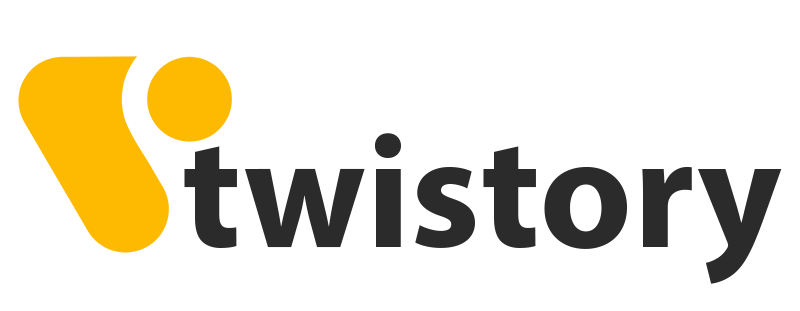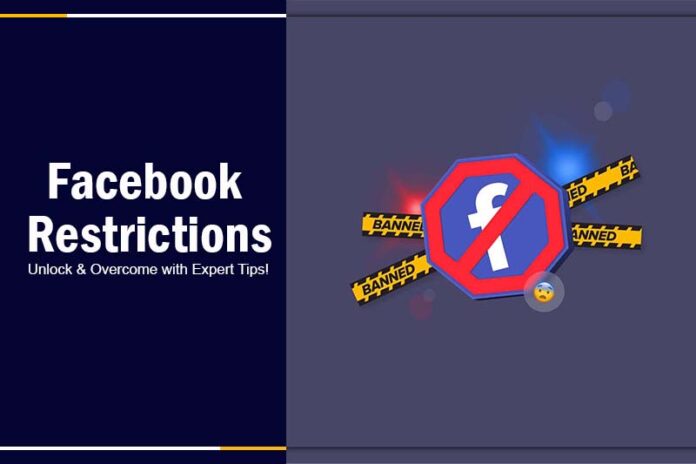Have you ever found yourself locked out of your favorite social platform? Are Facebook restrictions keeping you from connecting with friends, family, or crucial information?
If so, you’re not alone. Many across the globe face similar challenges due to various political, social, and technological barriers.
In this blog, we’ll delve deep into understanding these Facebook restrictions and arm you with the tools and strategies to circumvent them, ensuring you stay connected no matter where you are.
Why Does Facebook Get Restricted?
Facebook, as one of the most popular social media platforms worldwide, often faces restrictions for various reasons. These range from government-imposed censorship to Facebook’s own content control measures.
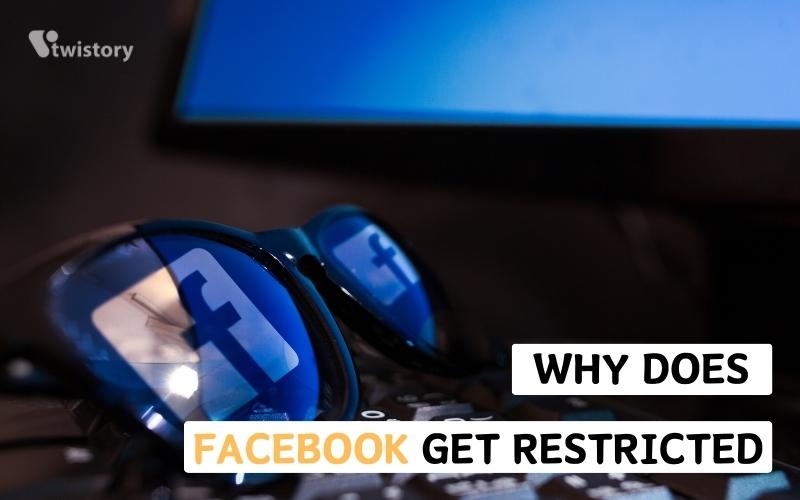
Censorship by governments
Some governments view Facebook as a potential threat due to its ability to provide an open platform for a variety of social, religious, and political discussions. Thus, they may impose restrictions to control the narrative.
Countries like Myanmar and Turkey have restricted access to certain content on Facebook to maintain a tight grip on the flow of information and curtail any criticism against their regimes. Similarly, in Thailand, the government is especially vigilant about content that could be deemed disrespectful to the royal family.
Facebook can also face bans due to religious sensitivities. For instance, in 2010, Pakistan temporarily blocked Facebook due to a contest on the platform that encouraged drawings of the prophet Muhammad—a clear violation of some Islamic beliefs.
Some governments also restrict access to content they find inappropriate or immoral. This might include explicit content or content related to substances like drugs. Moreover, in certain conservative jurisdictions, feminist or LGBTQ+ content might also face restrictions.
Self-censorship by Facebook
Beyond governmental oversight, Facebook itself engages in regulating the content shared on its platform, often to maintain a safe and respectful environment for users.
Facebook employs algorithms to identify and remove prohibited content. While these AI tools are effective against clear violations like child pornography, they sometimes falter when categorizing content related to personal expression. This ambiguity can result in lawful content being unintentionally removed.
Facebook has occasionally been at the center of debates due to its decisions to remove specific content types, like images of mothers breastfeeding without any overt nudity.
With the rise of “fake news” and misinformation, Facebook has taken steps to filter or remove misleading content. However, this sometimes includes content from state-run agencies, leading to potential conflicts with certain governments.
In conclusion, while Facebook aims to provide an open platform for all, it is subject to various layers of censorship, both externally from governments and internally from its own policies.
How is Facebook Banned or Restricted?
Internet Service Providers (ISPs) have a toolbox of methods they employ to restrict or block access to specific websites, with Facebook being no exception.
At the forefront of these techniques is DNS-based blocking, where access to domains is halted at the domain name system (DNS) level. This method is efficient, straightforward, and widely adopted.
Governments, particularly in regions like Turkey and Iran, push the envelope further. They deploy intricate tools like packet filtering to sift through and block internet traffic, ensuring users can’t access specific content deemed inappropriate or threatening.
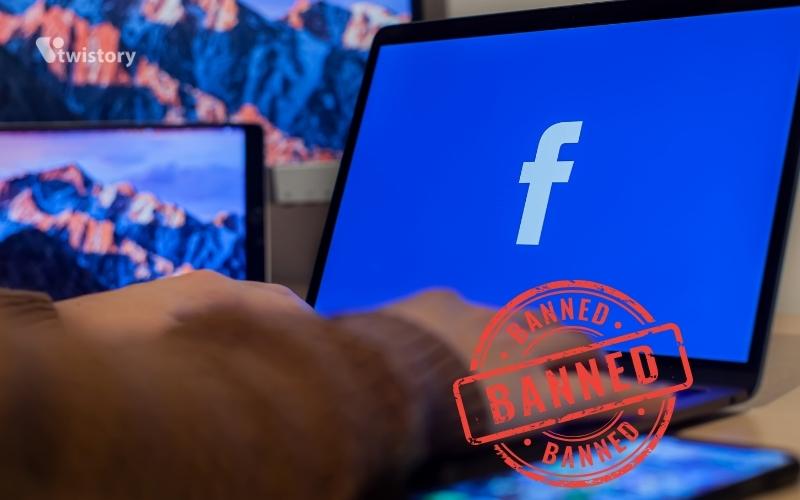
It’s worth noting that curtailing access to Facebook often sits within a broader strategy to regulate internet use. In nations where the state has substantial oversight of the telecommunications industry, such as the UAE and Iran, controlling online access – including blocking Facebook – becomes a simplified task.
These governments mandate ISPs to register officially and obtain a “certificate of activity” before offering services. Upon enacting laws that empower them to blacklist certain websites, governments hold ISPs accountable, making them responsible for restricting said content. Non-compliance can result in substantial fines or even complete operational shutdown
How to Bypass Facebook Restrictions
For every wall, there’s a ladder. Here are various means to overcome censorship walls on platforms like Facebook:
- A simple first step. By modifying your DNS settings, you can sometimes bypass blocks put in place by ISPs.
- This offers another avenue to access restricted content by routing your internet traffic through a network of volunteer-operated servers.
- Arguably the most reliable tool, VPNs offer a robust solution to bypass Facebook block.
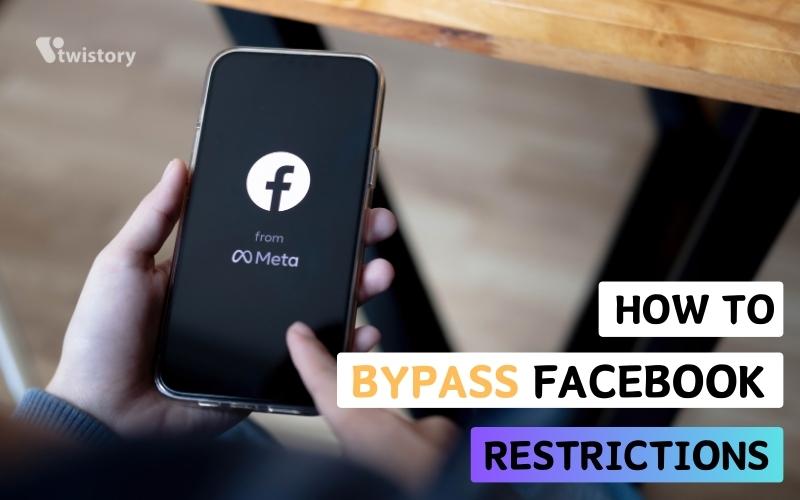
Bypass Facebook restrictions with a VPN
Regardless of your global position, VPNs emerge as the leading champions for regaining access to Facebook. Here’s why:
- A VPN operates by establishing an encrypted tunnel between your device and servers located in various parts of the world. By doing so, it makes it seem like you’re browsing from a location other than your actual one.
- If, for instance, Facebook is off-limits in your country, a VPN can be your digital passport. You simply connect to a server in a region where Facebook is accessible, and voilà, you’re back on your timeline. The same logic extends to content platforms like Netflix, enabling you to access libraries beyond your region.
- However, not all VPNs are made the same. If you’re considering using a VPN, it’s paramount to select a provider known for robust security features. This becomes even more critical in regions with strict bans on platforms like Facebook, ensuring your online activities remain private and secure.
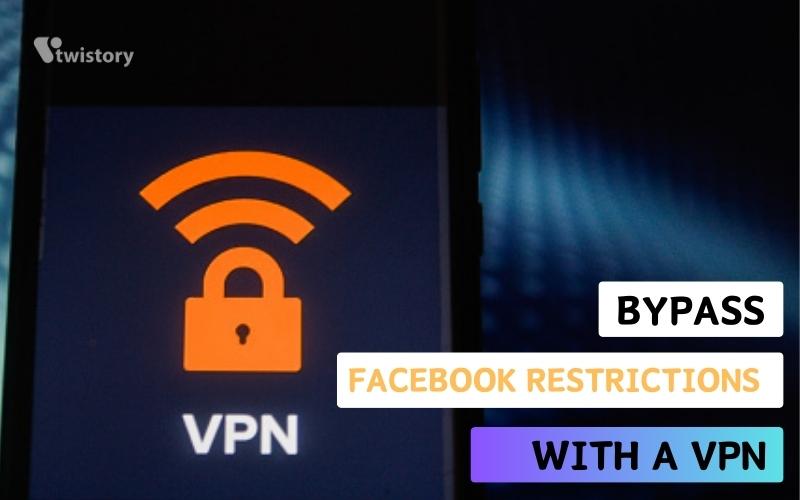
Bypass Facebook restrictions by changing your DNS server settings
A common approach taken by ISPs to restrict Facebook access revolves around DNS servers. A simple yet effective counter-strategy involves altering your DNS settings.
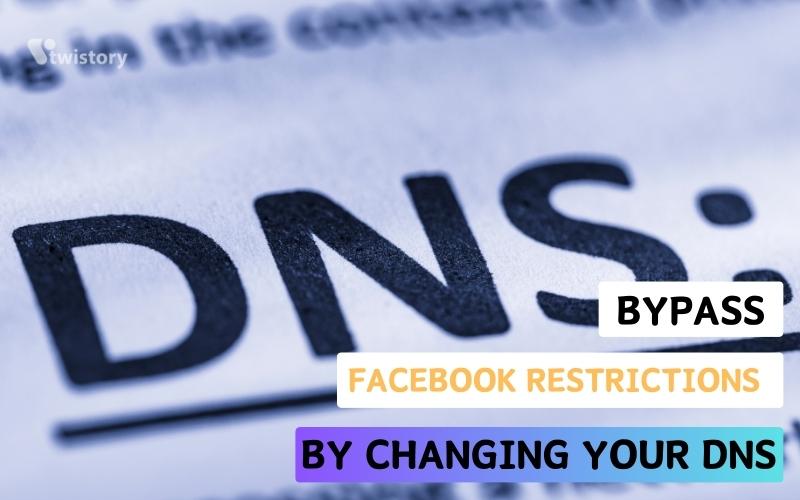
Change your DNS server on a Windows PC
- Open the Control Panel.
- Navigate to Network and Internet.
- Choose View network status and tasks.
- Click on Change adapter settings.
- Right-click on your active network connection and opt for Properties.
- Locate and right-click on Internet Protocol Version 4 (TCP/IPv4), then choose Properties.
- Check Use the following DNS addresses and input 8.8.8.8 as your preferred DNS server address.
Change your DNS server on a Mac
- Head to the Apple Menu.
- Choose System Preferences and then select Network.
- Highlight the connection you’d like to adjust (either Wi-Fi or Ethernet) and click on Advanced.
- Move to the DNS tab.
- Press + to add a new server address, and type in 8.8.8.8.
- Conclude by selecting OK, followed by Apply.
Bypass Facebook restrictions using the Tor Network
For those encountering staunch ISP barriers, turning to the Tor browser may offer a viable solution. Tor offers anonymity by directing your web traffic through a series of volunteer-operated servers globally. This multi-tiered rerouting makes it cumbersome for ISPs or governments to pinpoint or trace your online activities.
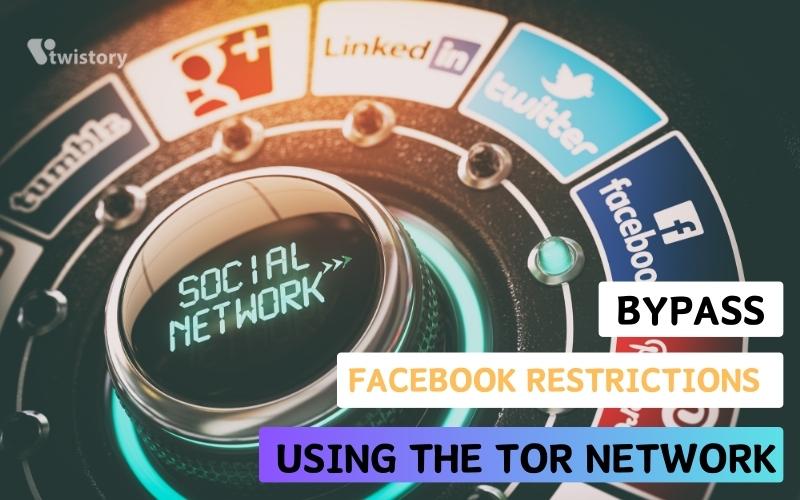
However, Tor isn’t without its downsides. One significant limitation is latency. Due to its traffic rerouting, users might experience a slower connection, impacting activities like downloading or using voice chat applications, such as Skype.
If you’re in a region where accessing Facebook is permitted, but the speed is deliberately reduced (throttled), using Tor could exacerbate the problem. In such scenarios, a VPN might be a more effective choice.
Bypass Facebook restrictions using of Proxy Server
Proxy servers present another avenue to sidestep Facebook access constraints. These servers act as intermediaries, receiving and forwarding your requests, thus disguising your actual location.
While some proxy servers come without charges, others might ask for a nominal fee. While proxy servers offer a good deal of anonymity, there are some challenges. The setup might demand a bit of tech-savviness, and if you opt for a web-based proxy, expect a barrage of ads.
Additionally, it’s worth noting that many known proxy servers are already flagged and might be blocked in certain regions.
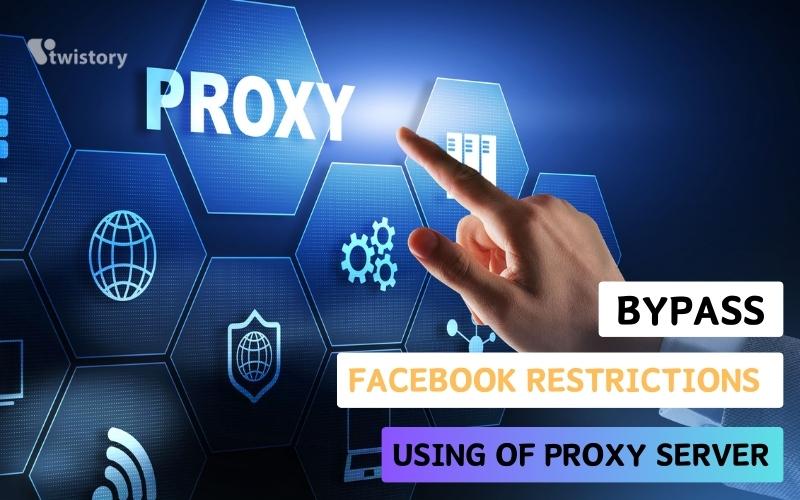
Bypass Facebook restrictions using Facebook’s IP Address
In certain cases, access limitations might not be as stringent. Some institutions may only block access to Facebook’s domain name, making the platform still reachable through its IP address.
If you’re keen on trying this approach, you’d need to discover Facebook’s current IP address online. Once found, input the IP directly into your web browser’s address bar. This technique, however, is only effective if the IP address itself isn’t restricted.
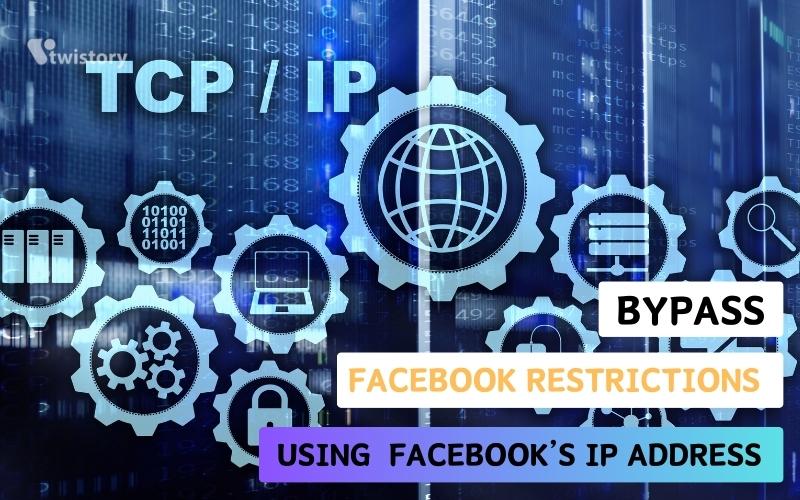
Useful Tips for Bypassing Facebook Restrictions
Select a Trustworthy VPN Service. Not every VPN is crafted with the same level of precision and security. It’s paramount to opt for a service renowned for its reliability and robust security measures.
To seamlessly access sites like Facebook, choose a VPN server situated in a region where the platform is readily available. This maneuver circumvents regional blocks or restrictions.
While a VPN shields your online presence, the sanctity of your personal data on platforms like Facebook hinges largely on the strength of your passwords. Always incorporate a mix of letters, numbers, and symbols to fortify them.
The digital landscape is ever-evolving, and so are security threats. VPN services frequently refine their software to combat new vulnerabilities. Hence, regularly updating your VPN application is not just good practice – it’s a necessity.
Which Countries Restrict Facebook?
Facebook, the world’s most dominant social media platform, hasn’t been welcomed everywhere. There have been instances where countries have temporarily or permanently restricted access, often as a response to perceived threats or challenges to governmental authority.
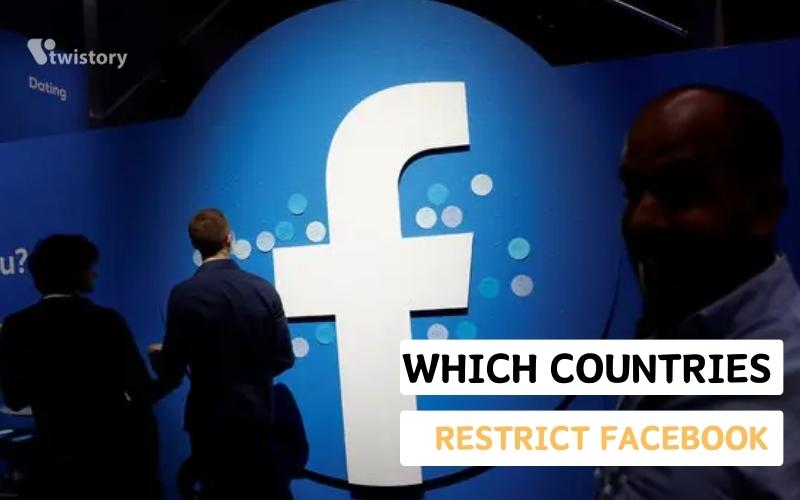
This list, while not exhaustive, provides an overview of countries where Facebook has faced challenges:
| Bangladesh | Owing to political turmoil, Bangladesh has been cautious with online expressions. The Digital Security Act of 2018 stands out as a stringent law that grants the government expansive powers. In 2015, a significant Facebook blackout occurred, and since then, the government has kept a watchful eye, especially on content that challenges the state’s narrative |
| China | Since 2009, “The Great Firewall of China” has rendered Facebook inaccessible, a move initiated post the Ürümqi riots. However, certain zones like the Shanghai free-trade area and regions like Hong Kong and Macau remain exceptions. |
| Cuba | With the onset of protests in July 2021, Facebook went dark in Cuba. Though internet accessibility has expanded, government control remains tight, often limiting access to information. |
| Egypt | While Egypt saw significant social media restrictions during the 2011 political upheaval, the subsequent years haven’t seen blanket bans. Still, sporadic interruptions, especially during critical events, have been reported. |
| India | India has occasionally taken action against Facebook posts it deems controversial. There were specific instances, like in Kashmir in 2016 and during local unrests, where Facebook saw temporary restrictions. |
| Iran | Consistent Facebook bans have been the norm since the controversial 2009 elections, with occasional lapses that were quickly corrected. |
| Israel | Facebook’s compliance with Israel’s requests to remove what it labels “incitement” has stirred debates. The platform has been criticized for allegedly suppressing Palestinian voices. |
| Myanmar | Post the 2021 military coup, Myanmar clamped down hard on Facebook, recognizing its influence among the masses. |
| North Korea | Post the 2021 military coup, Myanmar clamped down hard on Facebook, recognizing its influence among the masses. |
| Pakistan | Pakistan has sporadically banned Facebook, especially when religious sentiments are in question. The platform, however, remains largely accessible. |
| Russia | Facebook has often been in Russia’s crosshairs, especially when anti-Kremlin sentiments are voiced. The ongoing Ukraine crisis has further strained their relationship. |
| Saudi Arabia | While Facebook remains accessible, certain features, like Messenger, have been blocked, purportedly to protect telecom revenues. |
| Sudan | Facebook witnessed a significant ban in 2018 during anti-government demonstrations. The ban had noticeable economic implications as well. |
| Syria | After a ban in 2007, Facebook was reopened to Syrians in 2011. However, expressing dissent on the platform can lead to severe repercussions. |
| Tajikistan | President Rahmon’s critics found their voice on Facebook, leading to periodic restrictions on the platform since 2012. |
| Turkey | Turkey’s relationship with Facebook is tumultuous, with periodic bans and numerous content removal requests. |
| Vietnam | Vietnam’s approach to Facebook has been cautious. The platform has faced short-term bans during politically sensitive times. |
Bypass Facebook Restrictions Today
In today’s interconnected era, platforms like Facebook have become more than just social media sites. They serve as primary information hubs and communication channels for millions.
However, access to these platforms is not universal. Various governments impose restrictions on Facebook due to political, social, or religious concerns. Additionally, tech corporations themselves often regulate user content.
Circumventing these restrictions might seem daunting, but with the right tools, it’s entirely feasible. For minor restrictions, altering your DNS settings to utilize Google’s Public DNS can be effective. For more robust barriers, delving into options like the Tor Browser or VPN services becomes necessary.
The Tor Browser offers a high degree of anonymity but might reduce browsing speed. Hence, a VPN (Virtual Private Network) emerges as a preferred choice for many. Not only does it grant access to restricted sites like Facebook, but it also offers enhanced security features.
VPNs have become ubiquitous in today’s digital landscape, revered for their simplicity and multifaceted advantages. With a VPN, users can safeguard their data, making cyberattacks less likely, and ensure privacy.
Beyond Facebook, VPNs provide broader benefits, such as streaming content from global platforms like Netflix or accessing apps like TikTok regardless of your location. With the right tools and knowledge, the digital world can indeed be boundary-free.
Conclusion
In conclusion, Facebook restrictions are not just minor inconveniences; they represent genuine barriers to communication and information for numerous individuals worldwide. Fortunately, with the right tools and knowledge, these obstacles can be navigated. We hope this guide has equipped you with the necessary strategies to bypass such limitations. For more insightful tips, tricks, and tech guidance, be sure to explore other blogs from Twistory. Stay informed, stay connected!
